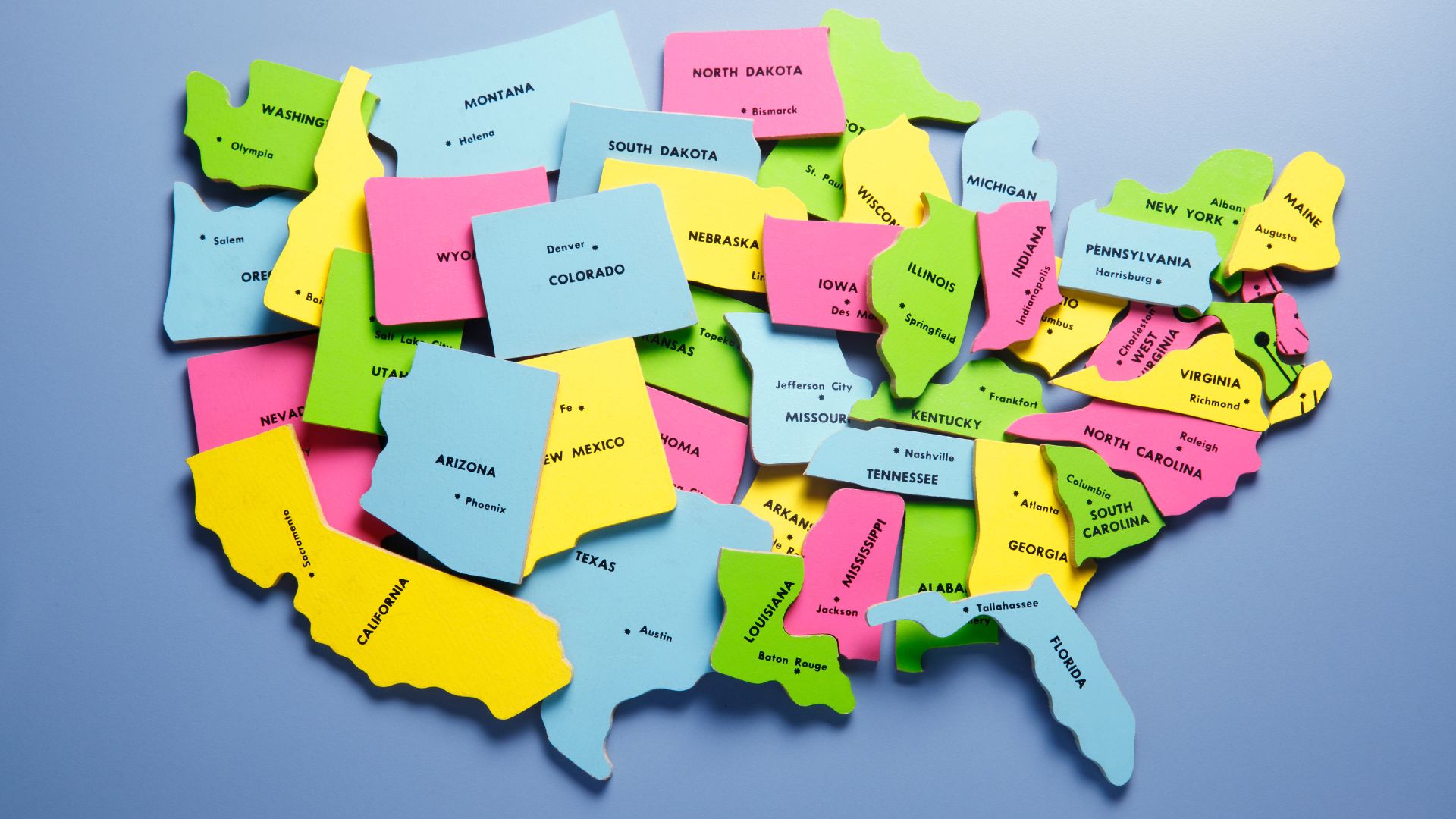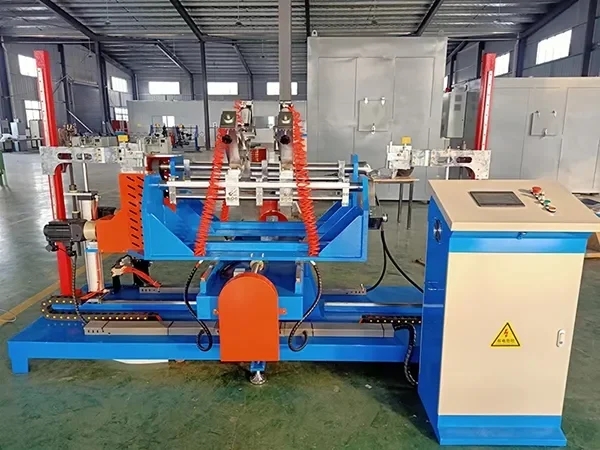
As a business owner, choosing the right legal structure for your company is crucial. One of the most popular options is sole proprietorship, which is easy to set up and manage. However, it comes with a significant risk: unlimited liability.
Unlimited liability means that the owner is personally responsible for all the debts and obligations of the business. This means that if the business is sued or goes bankrupt, the owner's personal assets, such as their home or car, can be seized to pay off the debts. This is in contrast to other legal structures, such as limited liability companies (LLCs), where the owner's personal assets are protected.
So why would anyone choose sole proprietorship with such a risk? One reason is the simplicity of the structure. Sole proprietorship requires no formal registration or paperwork, and the owner has complete control over the business. Additionally, taxes are straightforward, as the business income is reported on the owner's personal tax return.
However, the risks of unlimited liability cannot be ignored. For example, if a customer is injured on the business premises and sues for damages, the owner could be personally liable for the entire amount. This could result in financial ruin for the owner and their family.
Another risk is that the business may not be able to obtain credit or financing due to the owner's personal liability. Lenders may be hesitant to lend money to a sole proprietorship, as they may not be able to recover their investment if the business fails.
To mitigate these risks, sole proprietors can take several steps. One is to purchase liability insurance, which can protect the owner's personal assets in the event of a lawsuit. Another is to keep personal and business finances separate, which can help protect the owner's personal assets from business debts.
In conclusion, while sole proprietorship may be an attractive option for its simplicity and control, the risks of unlimited liability cannot be ignored. Business owners should carefully consider their options and take steps to protect themselves and their assets.






